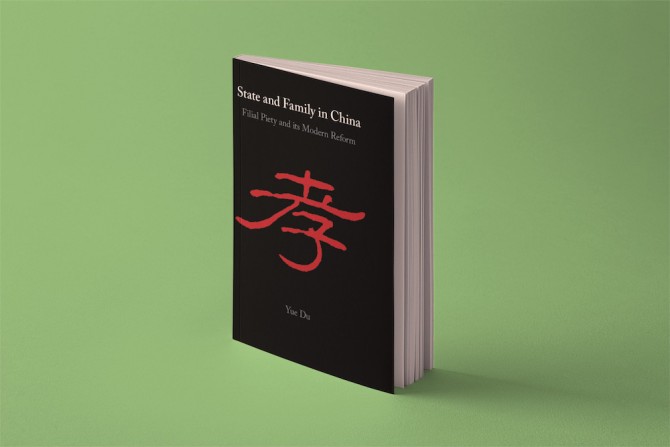News directly from Cornell's colleges and centers
Chinese state used parent-child relationships to serve political goals
By Kate Blackwood
In Qing Dynasty China (1644-1911), laws favored parents over children – for a political purpose, according to Mara Yue Du, assistant professor of history in the College of Arts and Sciences. Take the case of Wang Dacai, which opens her book “State and Family in China: Filial Piety and its Modern Reform.”
In 1815, a son’s slight injury to his father was deemed a “violation of fundamental human ethics.” The child was arrested and faced death or exile. The father, named Wang Dacai, committed suicide upon hearing of the severity of his son’s punishment.
“This case may seem ridiculous in modern eyes. But it speaks to how Qing filial piety law worked: Parents can never be wrong, at least for their children," said Du, whose research centers on the history of modern China. Chinese legal institutions in different eras upheld or undermine parental authority over children to serve political goals, Du argues: ruling the empire effectively at a low cost during the Qing, and separating individuals from families to subjugate them directly to the state in the 20th century.
During recent trips to China, she’s observed that President Xi Jinping promotes his “China Dream” through media and street posters celebrating filial piety and other “traditional Chinese values,” calling for citizens’ obedience to authorities and devotion to the state.
Du will talk about “State and Family in China” on April 13 at 4 p.m. in Olin Library 107 (with a virtual option).
Read an interview with Du on the College of Arts and Sciences website.
Media Contact
Get Cornell news delivered right to your inbox.
Subscribe

